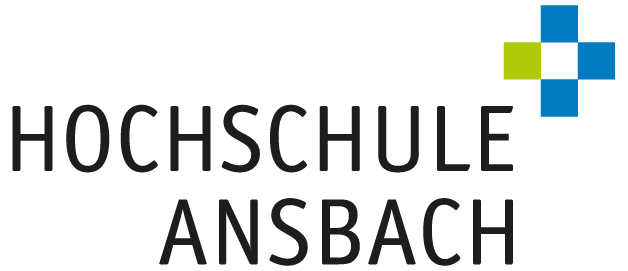On the Problem of the Bifurcation of Nature in Digital Musical Instrument Design and the Possibility of Minimising the Problem by Using Process-Ontology
Abstract
The development of digital musical instruments is
often pursued from a substance-ontological functional and physical
perspective. However, many musicians talk less about music from a
functional and physical perspective but more about the experienced
phenomena they encounter when making music. In this article,
instrumental playing and musical interaction will be considered from two
perspectives: the broadly used substance-ontological view and the
process-ontological approach as drafted by Alfred North Whitehead. The
instrumental focus here is on digital and traditional bowed stringed
instruments and varying descriptions of the interaction on the
instrument. Related works and these descriptions are looked at from the
two perspectives mentioned. It is shown why it often comes to a
bifurcation of nature into primary and secondary qualities of musical
interaction during the interface design process. Furthermore, it is
shown that musicians' requirements for digital musical instruments are
sometimes unfavourably excluded. These problems will be exemplified and
suggestions for a process-ontological perspective on the design of
musical interaction will be presented. Also an example of a highly
market relevant design principle of a musical sound synthesis system
fitting to the process-ontological understanding of musical interaction
is presented and discussed.
Mehr zum Titel
| Titel | On the Problem of the Bifurcation of Nature in Digital Musical Instrument Design and the Possibility of Minimising the Problem by Using Process-Ontology |
|---|---|
| Medien | Proceedings of DAS|DAGA 2025 |
| Herausgeber | Deutsche Gesellschaft für Akustik e.V. (DEGA), Berlin, 2025 |
| Verfasser | Prof. Dr. Cornelius Pöpel |
| Seiten | 187 - 190 |
| Veröffentlichungsdatum | 18.03.2025 |
| Zitation | Pöpel, Cornelius (2025): On the Problem of the Bifurcation of Nature in Digital Musical Instrument Design and the Possibility of Minimising the Problem by Using Process-Ontology. Proceedings of DAS|DAGA 2025 , 187 - 190. DOI: 10.71568/dasdaga2025.224 |
